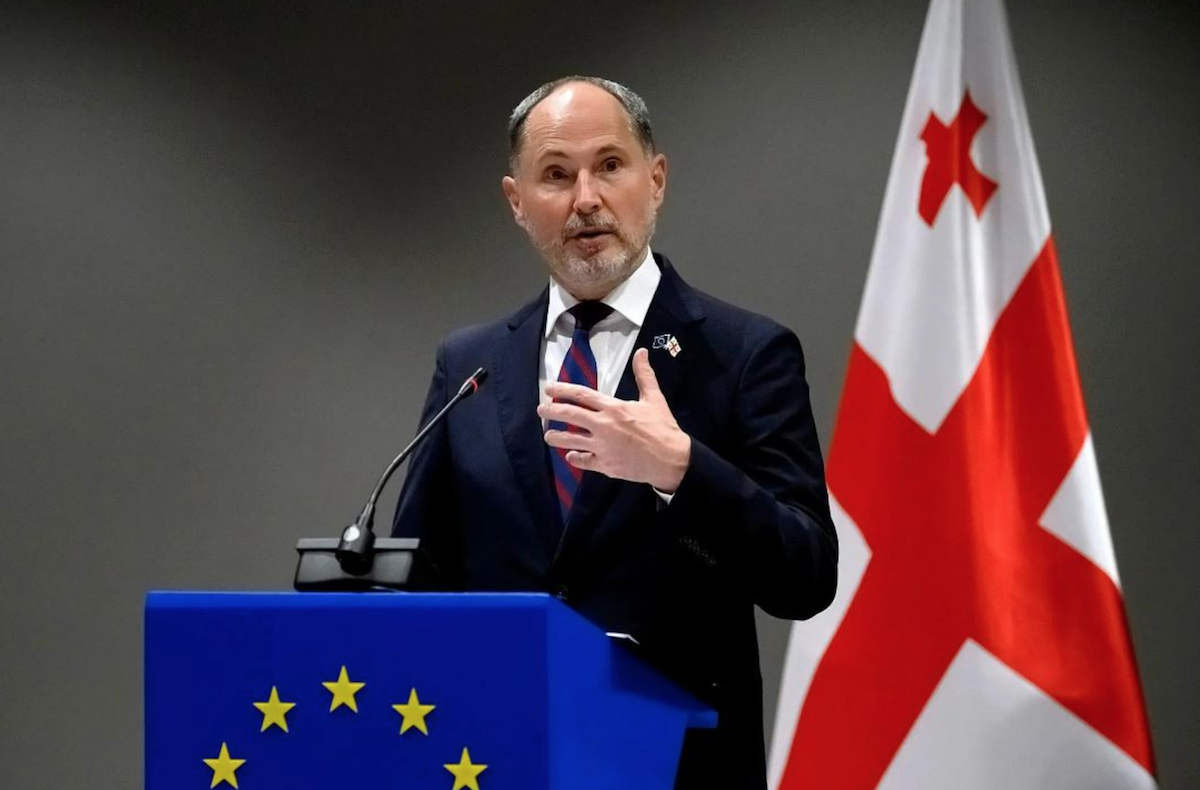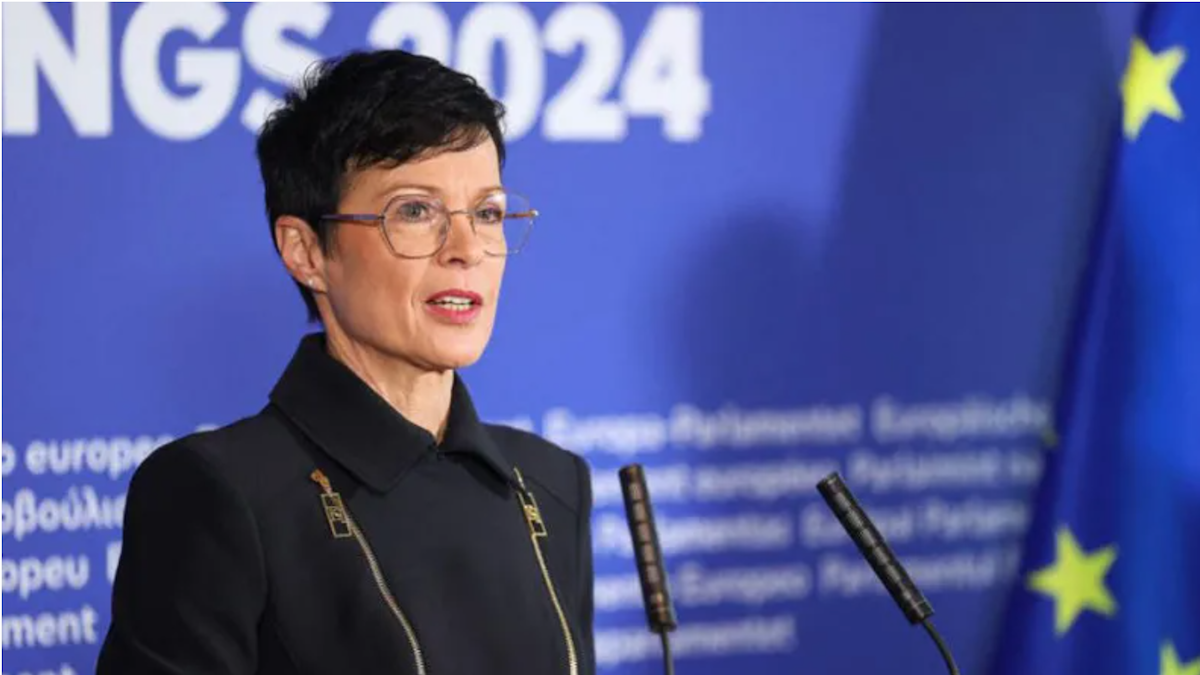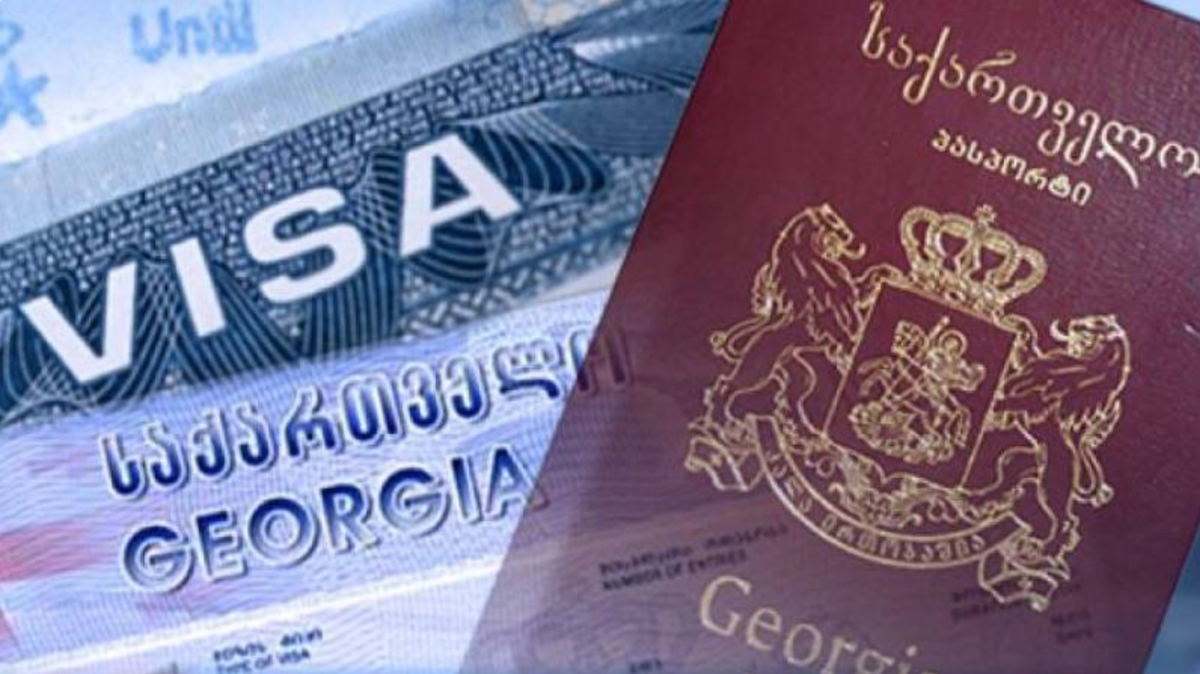EU adopts new mechanisms for suspending visa-free travel with third countries – what does it mean for Georgia?
Will EU suspend visa-free travel with Georgia
The Council of the European Union and the European Parliament have adopted a decision to reinstate mechanisms for suspending visa-free travel with third countries — a move that could also affect Georgia.
The statement notes that, as a result of these changes, the EU will be able to respond more effectively to situations “where the visa-free regime is being abused or goes against the interests of the EU.”
What does the statement say?
“Visa-free travel to the EU benefits both foreign nationals and the European Union. But if citizens of third countries abuse this privilege, the EU must have all necessary tools at its disposal to correct the situation. These tools can apply pressure on countries that avoid cooperation in preventing and combating illegal migration,” said Polish Foreign Minister Radosław Sikorski, whose country holds the rotating presidency of the EU Council for the first half of 2025.
The new grounds for suspending visa-free travel are defined as follows:
- A country’s visa policy no longer aligning with the EU’s, particularly if this may lead to an increase in unauthorised arrivals of nationals from other third countries due to geographic proximity to the EU;
- The operation of investor citizenship programmes, whereby citizenship is granted to individuals with no genuine ties to the country in exchange for predefined payments or investments;
- Hybrid threats and weaknesses in legislation or procedures concerning document security;
- Deterioration of external relations between the EU and the third country, particularly concerning human rights, fundamental freedoms, or serious violations of the UN Charter.
It is emphasised that these new criteria are in addition to existing grounds for suspension, such as a rise in asylum applications from nationals of countries with low recognition rates, or an increase in third-country nationals being refused entry or overstaying their permitted duration.
The mechanism will also be improved by limiting the suspension of visa-free access specifically to officials responsible for breaches of fundamental rights and foreign policy obligations, as applying the suspension to an entire population in such cases would be disproportionate.
The duration of a visa-free suspension has also been changed — extended from 9 to 12 months. However, this initial period may be further extended by up to 24 months.
“This temporary suspension phase will allow the European Commission to launch a dialogue with the third country so that the concerned country may address the issues that led to the suspension.
The European Union may also decide on a permanent suspension of visa-free travel if the third country does not address the causes of the temporary suspension,” the statement concludes.
Will EU suspend visa-free travel with Georgia?
On 11 June, Polish Prime Minister Donald Tusk stated that his government is working with other EU countries to restrict or revoke visa-free travel for Georgian citizens:
“We are trying to build the necessary majority to restrict or suspend the visa-free regime with Georgia and other countries. Yes, that is my intention, although I understand that one-third of Georgians share our values.
I apologise to the Georgian people if this statement is offensive, but overall I support restricting visa-free travel for countries which, as in the case of Georgia, no longer respect democracy, or for countries whose migration poses a threat to the rule of law in Poland and in Europe.”
According to EU Ambassador to Georgia Paweł Herczyński, Georgia risks losing a historic opportunity to integrate into the European Union.
However, regarding Tusk’s statement, the ambassador clarified that the majority of EU member states are opposed to suspending the visa-free regime with Georgia.
- The visa-free regime between Georgia and EU countries came into effect on 28 March 2017.
The European Union reserves the right to activate a so-called “suspension mechanism” to review or revoke visa liberalisation. Although the Georgian government maintains that, despite existing challenges, there is currently no threat of such a review. - Georgian citizens seeking asylum in Europe most frequently cite unemployment as the reason. Additionally, many Georgians travel to Europe for medical treatment — highlighting problems within Georgia’s healthcare system.
- Georgian criminal activity remains a serious concern in Europe, with Germany particularly vocal on the issue. In 2024, German officials even demanded that Georgia’s Minister of Internal Affairs take effective measures in response.
Will EU suspend visa-free travel with Georgia






















